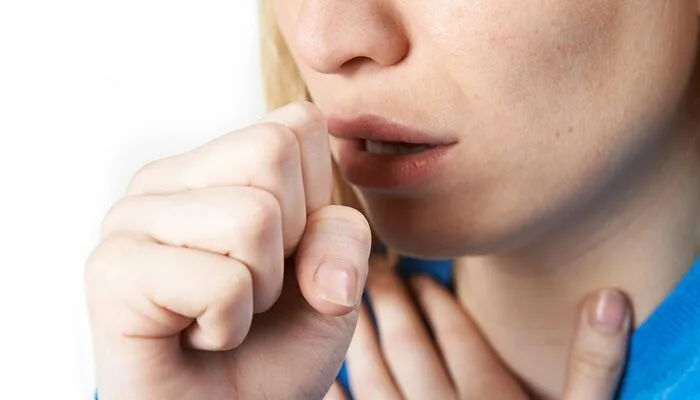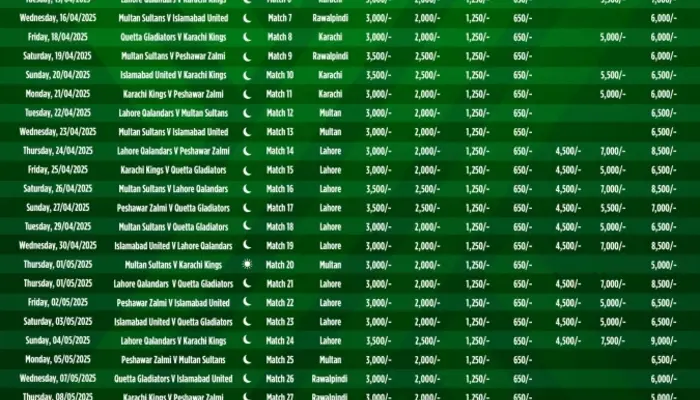
Australia is battling its largest whooping cough epidemic since vaccines were developed for the deadly disease. Health authorities are on high alert after recording 41,013 cases so far this year, surpassing the previous record of 38,748 cases in 2011. Officials project up to 45,000 cases by year’s end, with an average of 130 new infections reported daily.
Data indicates a major spike in whooping cough cases among school-aged children, particularly those between 10 and 14 years old, who account for nearly 40% of infections. This surge has raised concerns as whooping cough, also known as pertussis, poses significant risks for young children and infants.
Dr. Laurence Luu, Chancellor’s Research Fellow and Lecturer at the University of Technology Sydney, stressed the highly contagious nature of whooping cough. “It’s more contagious than Covid-19,” he stated. Dr. Luu added that while Australia does well protecting newborns, booster vaccination rates among older age groups remain worryingly low.
Call for Increased Awareness and Vaccination
Catherine Hughes, founder of the Immunisation Foundation of Australia, emphasized the importance of community awareness in combating the epidemic. Hughes, whose four-week-old son Riley tragically died from whooping cough complications, has since been advocating for increased vigilance. “Many people are unaware of the necessity for a booster vaccine and may not be adequately protected,” Hughes said. She urges Australians to stay informed about booster shots to reduce infection risk, especially in vulnerable groups.
PAK vs AUS: Rauf’s Fifer Restricts Australia, Pakistan Chases Target of 164
According to the Immunisation Foundation, nearly 25% of 13-year-olds missed their booster shot in 2023. Among Australians over 50, only one in five is up-to-date with whooping cough vaccinations. The foundation recommends adults receive a booster every 10 years to maintain immunity.
Recognizing Symptoms Early
Whooping cough symptoms may not appear until up to two weeks after infection, during which time an infected person can unknowingly spread the disease. Early symptoms resemble a cold, including a runny nose, sneezing, watery eyes, and fatigue. The characteristic “whoop” cough, along with more severe symptoms like pneumonia, vomiting, and trouble breathing, often follows. The disease can also lead to complications such as bleeding into the nose, eyes, or brain.
Health experts urge Australians to take precautions to minimize the risk of infection. Basic health measures such as covering one’s mouth when sneezing or coughing and frequent hand washing can help prevent spread.
Antibiotics and Prevention Measures
Whooping cough can be treated with antibiotics, which help control the infection and reduce its contagious period. However, prevention remains critical. Dr. Luu highlighted the role of booster vaccines, especially given the rising case numbers. “It takes a community effort to protect against whooping cough,” he said.
Booster Vaccination Campaigns
As cases surge, health authorities are calling for increased booster vaccination rates. With the outbreak expected to persist, the Immunisation Foundation of Australia is promoting booster shots as a preventative measure for individuals of all ages.
Follow Day News on Google News, Instagram, YouTube, Facebook, Whats App, and TikTok for latest updates
















